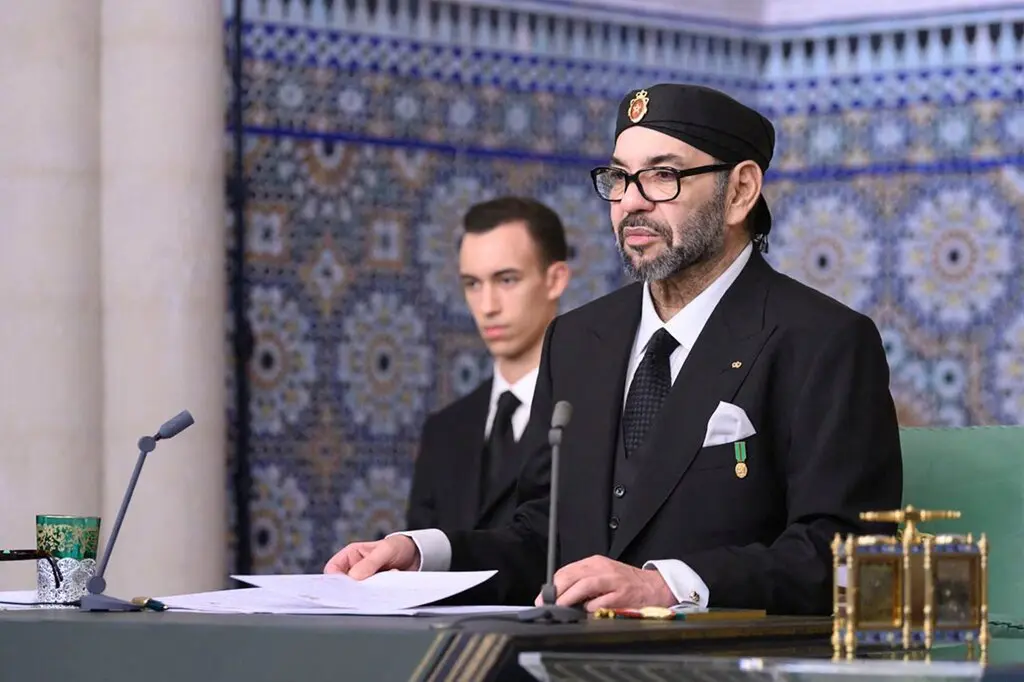With its recognition of Morocco’s territorial claim to the disputed Western Sahara region, Israel has taken a giant leap forward to consolidate its bilateral relations with that North African Arab nation.
Israel officially recognized Morocco’s claim on July 17, when Prime Minister Benjamin Netanyahu sent King Mohammed VI a letter affirming Israel’s decision to “recognize the sovereignty of Morocco over the territory of Western Sahara.”
Morocco’s Ministry of Foreign Affairs praised Israel’s move and its related decision to consider opening a consulate in the Western Saharan city of Dakhla as “both just and farsighted.”
Welcoming Israel’s diplomatic gesture, Israeli Foreign Minister Eli Cohen said it would strengthen Israel’s budding relations with Morocco and contribute to regional stability.
Israel is only the second country after the United States to recognize Morocco’s claim to the Western Sahara. U.S. President Donald Trump recognized it in 2020 after Morocco agreed to normalize relations with Israel under the Abraham Accords. Under its terms, Israel and Morocco opened interest offices rather than embassies in Rabat and Tel Aviv.
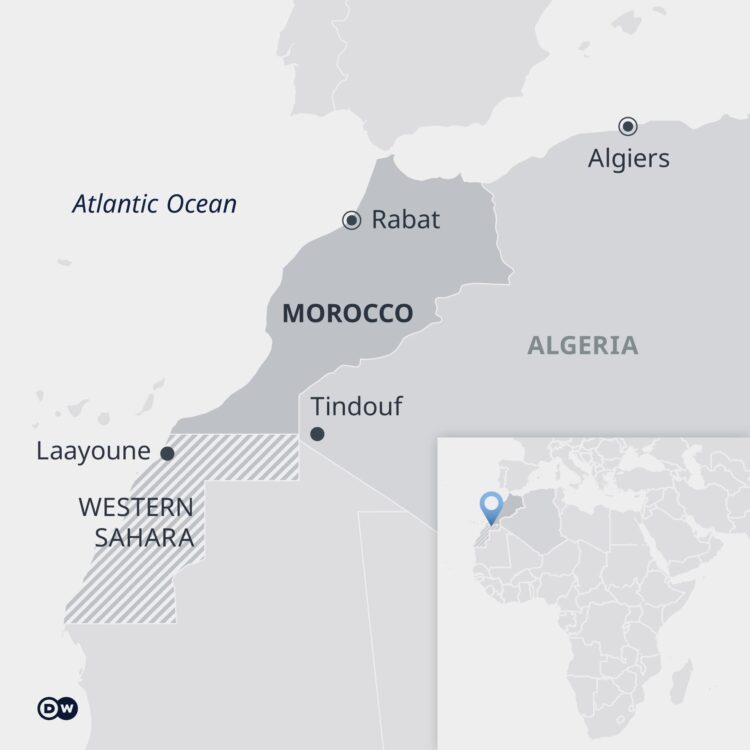
A day after Israel’s announcement, King Mohammed VI invited Netanyahu to visit Morocco. After the Abraham Accords were signed in Washington, D.C., Netanyahu sent the king an invitation to visit Israel, but he declined, possibly because Israel had not yet recognized Western Sahara as Moroccan territory.
According to Netanyahu’s office, the king’s invitation was “extended in a warm personal letter in which the king thanked the State of Israel for its willingness to recognize Moroccan sovereignty over Western Sahara. King Mohammed VI wrote to the prime minister that ‘the visit will open new possibilities to strengthen relations between our two countries.'”
No date has been set for Netanyahu’s visit, but this issue is expected to be clarified by his national security advisor, Tzachi Hanegbi, and Moroccan Foreign Minister Nasser Bourita in the coming days or weeks.
Shortly after the king’s letter arrived, Israel appointed Colonel Sharon Itach as its first military attache to Morocco. Of Moroccan descent, he currently heads the Home Front Command’s Haifa district.
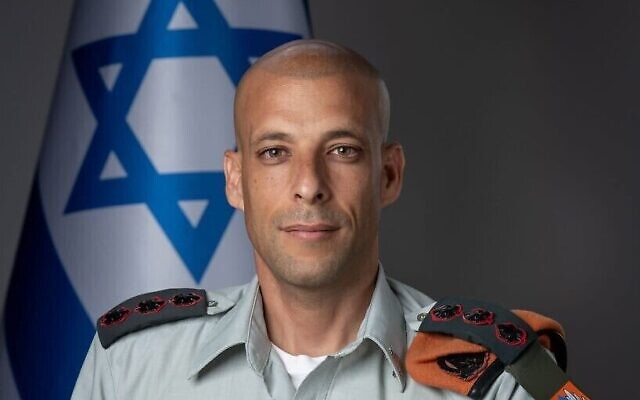
Until a few decades ago, Morocco was home to one of the largest Jewish communities in the Arab world. The vast majority of Moroccan Jews immigrated to Israel, France and Canada in the 1950s and 1960s.
Morocco controls almost 80 percent of the Western Sahara, which is rich in phosphates deposits and fisheries. The dispute over its future erupted in 1975, when Spain, the colonial power, pulled its forces out of Western Sahara and left its future in limbo. In short order, the Moroccan government recruited thousands of Moroccans to enter Western Sahara in the Green March to proclaim sovereignty over it.
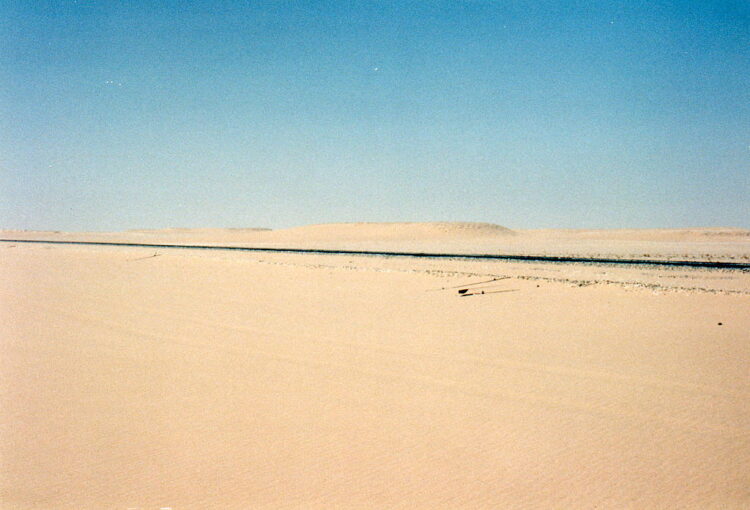
Morocco’s claim was fiercely resisted by the Sahrawi Arab Democratic Republic and its military wing, the Polisario Front, which seeks full independence and claims to be the rightful representatives of the indigenous Sahrawi people.
Morocco and the Polisario Front clashed in armed confrontations before the United Nations succeeded in arranging a ceasefire. The United Nations endorses a referendum on self-determination, but it has yet to take place.
Morocco lays claim to the entire Western Sahara and offers limited autonomy to the Sahrawis. Under international law, Western Sahara is illegally occupied by Morocco.
Algeria, Morocco’s neighbor, supports the Polisario Front, as does Iran and Hezbollah.
The Polisario Front condemned Israel’s recognition as “null and void,” saying it would “only reinforce the determination of the Sahrawi people to pursue their national struggle on several fronts.”
Due to its conflict with the Palestinians, Israel generally refrains from taking positions on international territorial disputes. But in this case, Israel had no problem breaking its own rule. Last month, while on a visit to Morocco, the Speaker of the Knesset, Amir Ohana, signalled Israel’s intention when he said that Israel should recognize Morocco’s claim.
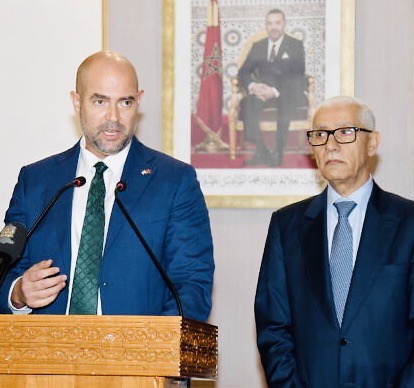
Having formally recognized it, Israel expects Morocco to upgrade diplomatic relations with Israel to the embassy level.
Prior to the Abraham Accords, Israel and Morocco had clandestine relations, particularly in the field of security. In 1986, the then Israeli prime minister, Shimon Peres, visited Morocco and met the current king’s father, King Hassan II.
Israel’s then foreign minister, Yair Lapid, visited Morocco in 2021. This past May, Israeli Minister of Transportation Miri Regev travelled to Morocco and signed bilateral agreements with her counterpart in Rabat. More recently, Israeli Interior Minister Moshe Arbel turned up in Rabat.
Since 2020, Israel’s relations with Morocco have grown by leaps and bounds in fields ranging from security and trade to technology and culture.
Two years ago, Benny Gantz, the then Israeli minister of defence, signed a memorandum on security relations with Morocco. Last June, Israel sent a delegation of soldiers to participate in a major U.S.-led military exercise in Morrocco. Six months ago, the Moroccan armed forces agreed to strengthen military cooperation with Israel in intelligence, air defence and electronic warfare.
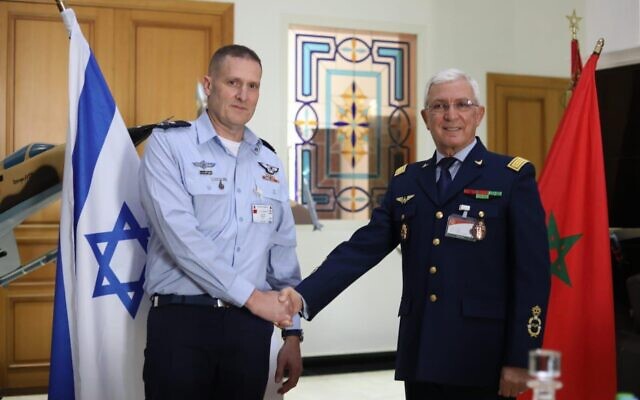
A month later, the commander of the Israeli air force, Tomer Bar, paid a visit to Morocco, where he met his Moroccan counterpart, El Abed Alaoui Bouhamid, and visited an air force base.
Over the last two years, Morocco has bought a wide range of weapons from Israel, principally intelligence-gathering and attack drones. Last year, the Israeli media reported that Israel had signed a $500 million deal to provide Morocco with the Barak MX air and missile defence system. Last month, a senior Israeli Ministry of Defence official disclosed that Morocco may purchase Merkava tanks, which have never been sold to a foreign country.
Last December, an Israeli energy company signed an agreement with Morocco to explore offshore Moroccan gas deposits.
And in another sign that Israeli normalization with Morocco is gaining ground, an Israeli musical, Bustan Sephardi, was staged in Hebrew in Rabat and received a friendly reception. This was the first time an Israeli show had been performed in an Arab country.
Morocco’s gradual rapprochement with Israel in no way lessens its commitment to the Palestinian cause. Morocco fervently supports the Palestinians’ national aspirations and endorses a two-state solution to settle Israel’s conflict with the Palestinians.
Last month, Morocco cancelled a plan to host the Negev Forum, an Israeli framework to promote development and integration in the Middle East. The original participants were Israel, Morocco, the United Arab Emirates, Bahrain and the United States. Morocco took this step to condemn the expansion of Israeli settlements in the West Bank and to protest Israeli army raids into Palestinian towns there.
These are serious issues for Morocco, but now that Israel has recognized Morocco’s sovereignty in Western Sahara, Morocco will likely reciprocate by playing host to the Negev Forum and upgrading its relationship with Israel.
